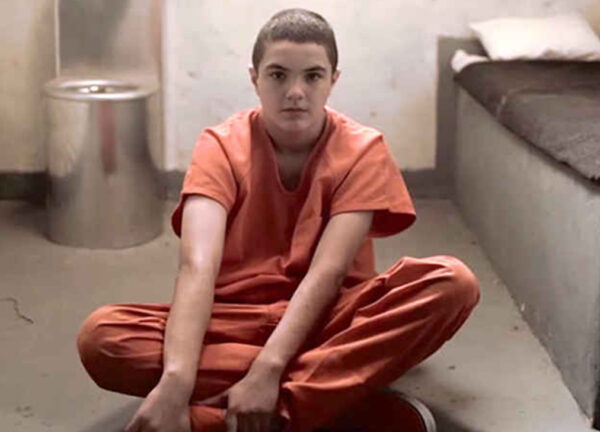Each year in the United States, children as young as thirteen are sentenced to die in prison. It’s called life without parole. It is estimated that thousands of children have been sentenced to life without the possibility of parole (LWOP) for crimes committed at an age when they are not considered responsible enough to live away from their parents, drive, make decisions related to their education or medical treatment, vote, leave school, or sign a contract. Children under the age of eighteen cannot legally use alcohol, serve on juries, or be drafted, because they are presumed not to have the capacity to handle adult responsibilities. These differences between childhood and adulthood are recognized throughout the world, and incorporated in international human rights documents.
Despite a global consensus that children cannot be held to the same standards of responsibility as adults, in the last twenty years the trend in the United States has been to punish children the same as adults. Children are increasingly excluded from the protection of juvenile courts based on the nature of the offense, without any consideration of their maturity, culpability, or current or future danger to society.
In particular, Michigan allows a child of any age to be tried as an adult, and excludes seventeen-yearolds from juvenile treatment altogether.
These children are then subject to adult punishment, incarcerated in adult prisons, and may be sentenced to life without parole. Despite their young age, these juveniles are expected to negotiate the legal system and understand the consequences of decisions that could result in a life without parole sentence, even though research suggests they are not capable of understanding what “forever” means.
Since the 1980s, the number of children given life sentences without hope of release has increased dramatically and the cost of warehousing them for life is staggering to our communities and to our humanity. In Michigan alone, there are now more than three hundred individuals serving life without parole for offenses committed prior to their eighteenth birthday. Under current laws, none will be given a second chance.
Until now, little attention has been given to who these children are and how they have been treated by the criminal justice system. This report examines juvenile life without parole sentences imposed in Michigan for offenses committed by individuals under eighteen, as they compare to the nation and the world. The report outlines the nature and extent of these sentences, their inequities and their toll on society, and presents recommendations for a rational and humane response to juvenile crime.
